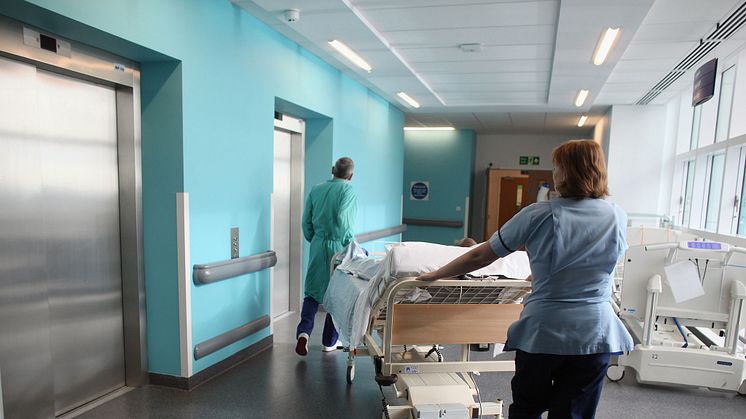
Blog post -
“Significant changes need to be made in healthcare practice to avoid this happening again,”
The multiple stories of parents of young children who died on a controversial cardiac ward are a stark reality that more needs to be done to bring about significant changes in healthcare practice and provide better care.
Eleven children from England and Wales died following heart surgery between 2010 and 2014 at the Bristol Royal Hospital for Children and everyone is hoping that major changes will come about from the review, which will make the hospital a much safer place.
The review which was published this Thursday says the ward for children recovering from heart surgery was under strain. It said young heart patients who were treated at the hospital were “put at risk of harm” because of staff shortages and a lack of skills.
Parents claimed children in need of close monitoring were left for up to three hours, without event oxygen levels being checked.
“Significant changes need to be made in healthcare practice to avoid this happening again,” Rebecca Weir, cofounder of Isansys Lifecare.
One mother told the review team that she was promised her child would be seen every 15-30 minutes following an operation. But after her child was moved to ward 32, he was not checked for more than three hours.
One outreach nurse reported the pressure they were under. “From the start of the shift it was very difficult to provide a safe and satisfactory standard of care. Not all patients who required hourly observations had these carried out and some of the basic care needs were not met, such as the changing of a patient’s nappy when this was waiting to be done,” the nurse said.
Whilst nothing can be done to prevent overcrowding at hospitals like Bristol Royal Hospital for Children, more can be done to ensure safe and effective high quality care is delivered.
Technology solutions are readily available in both hospital and healthcare community settings to improve inefficiencies, reduce adverse events and save lives.
Isansys Lifecare in Oxfordshire has designed and developed the Patient Status Engine, a patient monitoring platform which can monitor patients continuously, alleviate the pressures of nursing staff and ensure patients receive the care and attention at the right time, and from the right member of staff. This will ensure other families don’t have to go through this kind of pain and suffering.
The platform uses wireless smart ‘patch’ technology to collect data directly from the patient. The system analyses the patient’s vital signs and will alert doctors and nurses if a person’s health is deteriorating. The system allows medical teams to intervene as soon as problems develop, improving the outcome of treatment for the patient and potentially helping avert 6,000 deaths each year.
Rebecca Weir, cofounder of Isansys, says: “I am deeply saddened and moved by the experiences of the families in Bristol and my heart goes out to them all. As a parent myself, I cannot even begin to imagine what they are going through on a daily basis.
“But, there’s no reason in today’s day and age that patients should be receiving sub-standard care. Careful and continuous monitoring is critical when you’re in hospital, and, as a parent, you would want to ensure your child was getting the best level of care, whilst also feeling comfortable in their surroundings. This is even more crucial when it comes to the monitoring of children.
“Without effective monitoring, early warning signs, which could have been detected and acted upon are often missed, as is the case here.
“Advances in wireless monitoring technology enable ways to provide better care and ensure deterioration is identified quickly and timely treatment is given.
“Unfortunately it’s too late for the families of those children who sadly died at the Bristol Royal Hospital for Children, but more should be done to ensure other families don’t have to suffer in this way in the future.”